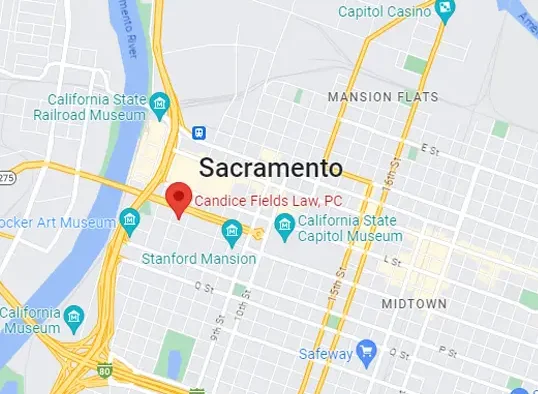WHAT CONSTITUTES TAX EVASION UNDER FEDERAL LAW?
Most of us in Sacramento would agree that our business and income taxes should be paid on time and in full. Of course, situations can make doing so undesirable or impossible. There is a point, however, when failing to pay your taxes can lead to federal tax evasion charges.
WHAT CONSTITUTES TAX EVASION?
Tax evasion occurs when a person or entity purposely avoids paying taxes or underpays what they owe. This can lead to criminal charges and significant penalties. Tax evasion is a federal crime per the IRS tax code. Ultimately, to prove tax evasion, it must be shown that there is an unpaid tax liability, the taxpayer took affirmative action to evade the tax, and the taxpayer specifically intended to evade their known legal duty to pay.
HOW DOES THE IRS DETERMINE WHETHER TAX EVASION HAS OCCURRED?
Proving tax evasion can be difficult. When investigating allegations of tax evasion, the IRS will:
- Examine forms: Tax evasion can be proven even if no tax forms are sent to the IRS because the IRS receives information from other parties, such as a W-2 from the taxpayer’s employer or a 1099 if the taxpayer is self-employed. The key is that the failure to pay what is owed in taxes was done with intent.
- Review finances: The IRS will review the taxpayer’s finances to determine if fraud or the concealment of income is present. (If a bank asks their account holder to terminate their banking relationship, it is likely that a subpoena has been served on the bank to review the account holder’s records. This is a clue that a federal investigation is underway.)
- Look for hidden income: The failure to report work done for cash can also be an act of tax evasion. For the self-employed and for businesses, misrepresenting or hiding from the IRS the amounts of receipts, sources of income, revenue, and profits may also constitute tax evasion.
PENALTIES FOR TAX EVASION
Taxpayers found guilty of tax evasion will have to pay what they owe in taxes, interest, and penalties, and may receive a prison sentence. Fortunately, if you are accused of tax evasion or other tax crimes, legal help is available to help you navigate your defense options and fight for an appropriate outcome.





